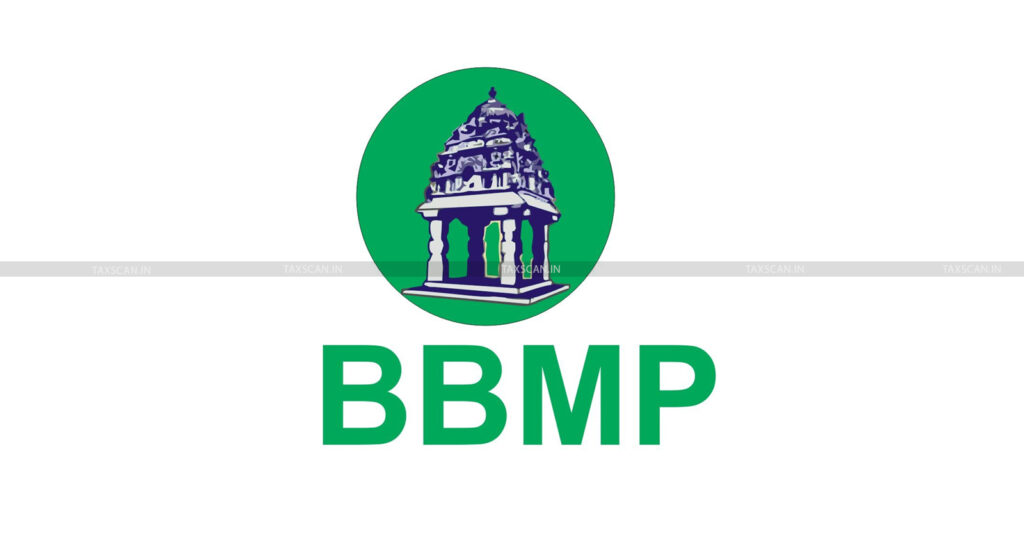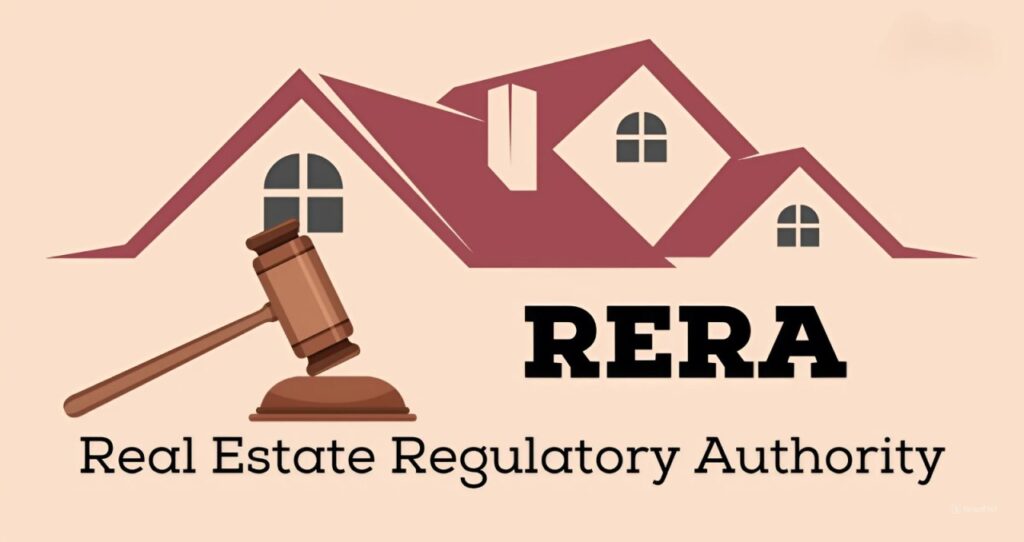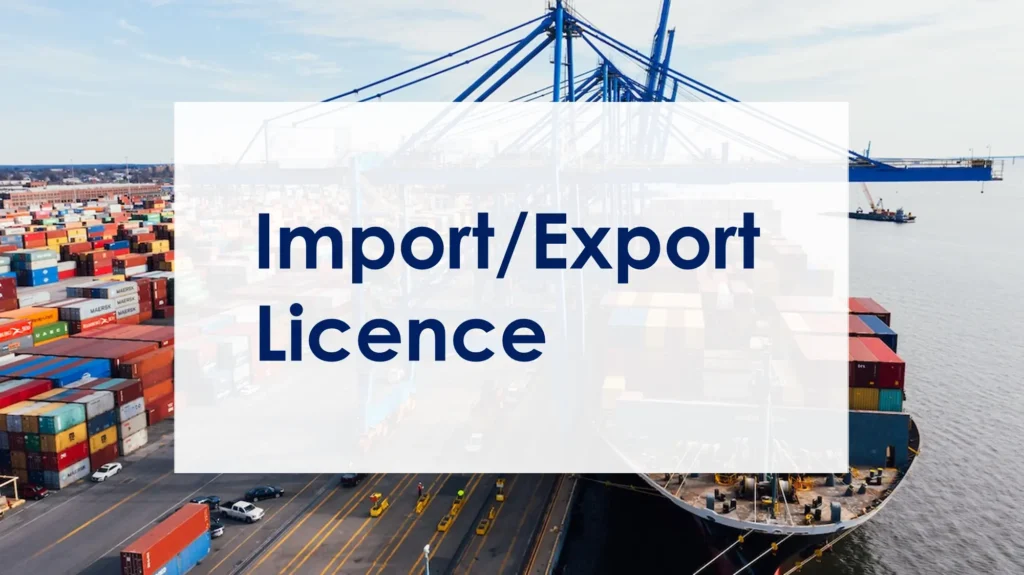Startup Registration

Private Limited Company
A Private Limited Company is the most popular corporate legal entity in India, governed by the Companies Act, 2013, and Companies Incorporation Rules, 2014. It requires a minimum of two shareholders and two directors, with a natural person serving as both. Foreign nationals, NRIs, and foreign entities can also participate with FDI. Key advantages include limited liability, separate legal status, perpetual existence, and the ability to raise equity funds, making it ideal for small and medium-sized businesses.

Public Company Registration
A Public Limited Company is ideal for medium and large businesses seeking to raise capital from the public. It offers limited liability, unrestricted share transfers, and no cap on the number of members. A minimum of seven shareholders and three directors are required. While subject to stricter regulatory compliances, it enjoys the benefits of a private company along with greater capital-raising opportunities.


Formation of One Person Company
A One Person Company (OPC), introduced under the Companies Act, 2013, allows sole entrepreneurs to enjoy corporate benefits with just one member. It offers a separate legal entity, limited liability, and easy incorporation, making it an ideal choice for proprietors looking to scale their businesses.

Formation Of LLP
A Limited Liability Partnership (LLP) combines features of partnerships and corporations, offering limited liability to its partners. Unlike a traditional partnership, one partner is not liable for another's misconduct or negligence. LLPs provide liability protection similar to private limited companies while allowing partners to manage the business directly, making them a flexible and secure business structure.


Partnership Firm
A Partnership Firm is a common business structure where two or more people manage and share profits. It is easy to start and suits small to medium-sized businesses, especially in the unorganized sector. There are two types—registered and unregistered—though registration offers added benefits. With the rise of LLPs, traditional partnerships are becoming less popular due to their limited liability and flexibility.

Proprietorship
A Sole Proprietorship is an unincorporated business owned and controlled by one person. It has no separate legal entity, making the owner personally liable for all debts and losses. While easy to start with no legal formalities, the owner bears unlimited responsibility but retains full control and profits.


GST Registration
GST registration in India typically takes 4-6 working days, subject to government processing. It ensures compliance with tax regulations and is essential for businesses meeting the GST threshold. Proper GST compliance helps businesses manage taxation efficiently and avoid penalties.

Trust/society Registration
An NGO is an organization formed for cultural, educational, economic, religious, or social objectives without profit distribution. Any surplus is reinvested in nonprofit activities. NGOs rely on donations, grants, membership fees, and investments for funding. They include trusts, societies, cooperatives, and nonprofit companies, working for public welfare and complementing government efforts.


BBMP Trade license
The Bruhat Bengaluru Mahanagara Palike (BBMP) issues trade licenses to industries and shops operating within Bangalore. This permit allows businesses to legally operate at a specific location, ensuring compliance with local regulations.

Food License
The Food Safety & Standards Act, 2006 mandates that all food businesses, including manufacturing, processing, packaging, and distribution, must obtain an FSSAI License or Registration. Issued by the Food Safety and Standards Authority of India (FSSAI), this license ensures compliance with food quality and hygiene standards. Nutax can assist your business in obtaining FSSAI Registration or License quickly and hassle-free.


RERA
The Real Estate (Regulation & Development) Act (RERA), established in 2016, regulates and governs the real estate sector at the state level. It ensures transparency by overseeing project registration, approvals, and the regulation of sale and purchase agreements for plots, apartments, and buildings.

Trade Mark
A trademark is a name, word, phrase, logo, symbol, or image used to distinguish a company's products or services. It serves as a marketing tool for brand recognition. Trademark registration offers protection for business names, brand names, logos, taglines, and other identifiers, ensuring exclusive ownership and safeguarding intellectual property.


ESIC & PF
Employee's State Insurance (ESI) is a social security and health insurance scheme for Indian workers, mandatory for businesses with 10 or more employees earning INR 21,000 or less per month. The employer contributes 3.25% and the employee 0.75%, totaling 4%. Managed by the ESI Corporation, it provides medical and cash benefits to employees and their families through a nationwide network.
The Employees Provident Fund (EPF) is governed by the Employees' Provident Funds and Miscellaneous Provisions Act, 1952, and regulated by the Employees' Provident Fund Organisation (EPFO). It is mandatory for establishments with 20 or more employees, with voluntary registration available for smaller establishments.

Import & Export License
The Import Export (IE) Code is required for individuals or businesses importing or exporting goods and services from India. Issued by the Directorate General of Foreign Trade (DGFT), Ministry of Commerce and Industry, it has permanent validity and does not require renewal. While not applicable to technology and services in most cases, it is essential for those involved in restricted international trade, such as nuclear weapons or firearms. The IEC is a 10-digit code that benefits organizations by simplifying the import-export process.


PSARA (Private Security Agency Regulatory Act)
Private security agencies provide security services, including training security guards, and are regulated by the Private Security Agencies Regulation Act, 2005 (PSARA). With growing concerns about crime and terrorism, the demand for private security services is rising. Each state government regulates these agencies and may formulate specific rules. A license under PSARA is mandatory for any private security agency to operate and provide security services.

MSME Registration
MSME stands for Micro, Small, and Medium Enterprises, which are vital to economic growth and equitable development. To support these businesses, the Government of India provides various schemes, subsidies, and incentives under the MSMED Act. While MSME registration is not mandatory, it is highly beneficial, offering advantages such as lower interest rates, excise and tax exemptions, power tariff subsidies, and capital investment support, helping businesses thrive in both manufacturing and service sectors.


KPME Registration
The KPME Act, passed in 2007, replaced the Karnataka Private Nursing Home (Regulation) Act, 1976, to regulate private medical establishments (PMEs) in the state. It mandates PME registration and establishes guidelines to ensure quality standards. Recently, the proposed KPME (Amendment) Bill 2017 has sparked controversy, with private doctors' associations opposing it, while activists support the amendments aimed at improving private healthcare regulations in Karnataka.
